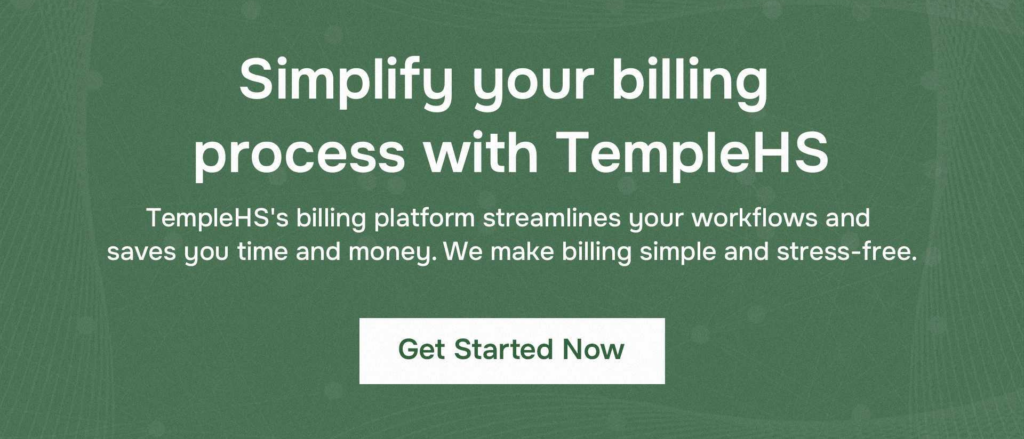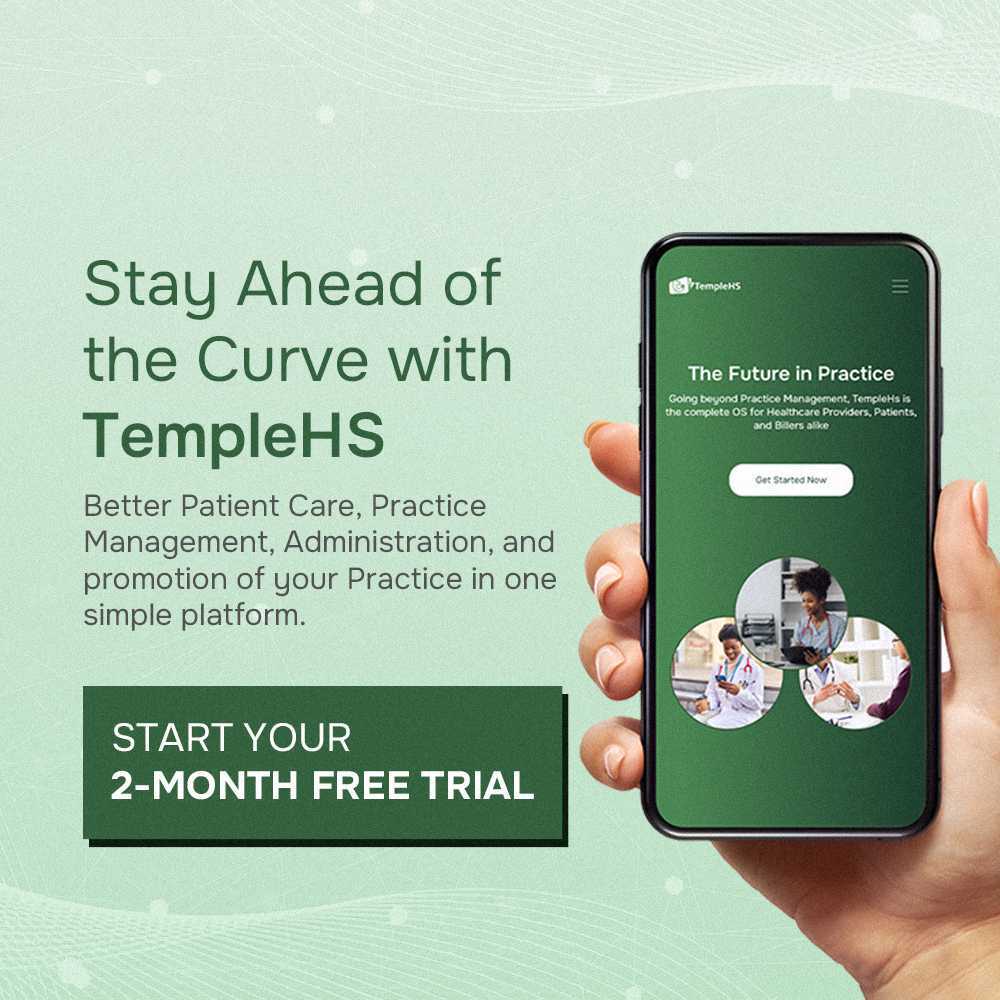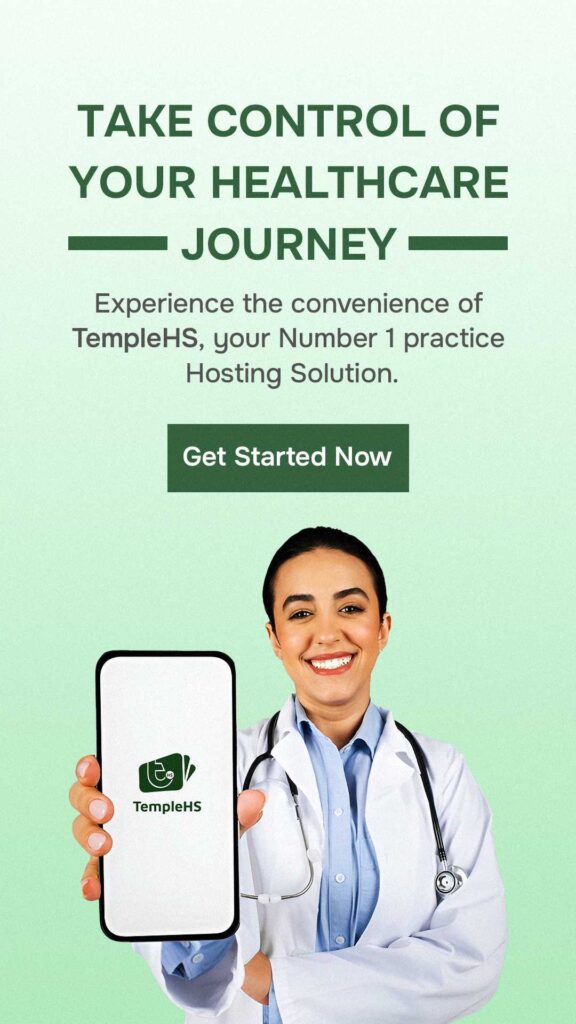Effective time management is a critical skill for healthcare providers, who must juggle various demanding tasks each day. From patient care to administrative responsibilities, the ability to efficiently organize and execute tasks is vital. This balance is necessary not only for providing top-notch patient care but also for maintaining the provider’s own mental and physical health.
Implementing key strategies can greatly assist healthcare professionals in managing their time more effectively, ultimately leading to better patient outcomes and a more satisfying work-life balance.
How to Manage Your Time Effectively as a Healthcare Provider
1. Prioritize Tasks
Effective time management for healthcare providers begins with task prioritization. It is crucial to identify tasks that require immediate attention and distinguishing them from less urgent ones. The Eisenhower Box is a useful tool here, helping categorize tasks into four quadrants: urgent and important, important but not urgent, urgent but not important, and neither urgent nor important. This categorization aids in focusing on critical tasks while scheduling less urgent ones appropriately.
2. Schedule Wisely
Creating a realistic schedule is essential. Allocate specific times for various tasks such as patient care, documentation, and administrative duties. It’s important to build in buffer times to accommodate unexpected situations or emergencies. UsingTempleHS can facilitate this process by providing tools to organize and streamline scheduling, ensuring that time is used efficiently and effectively.
3. Use Technology
Leveraging technology like Electronic Health Records (EHRs) is pivotal in time management. EHRs enable quick access to patient records, reduce paperwork, and simplify patient management tasks. Incorporating technology streamlines administrative tasks significantly. Automated systems for appointments, prescription refills, and follow-up care save time and reduce the risk of human error.
Again, TempleHS can be a valuable asset in this regard. It offers integrated solutions for managing patient information, appointments, and billing, all of which contribute to more efficient time management.
4. Delegate When Possible
In healthcare, time is a precious resource. Delegating tasks to other team members is essential for efficient time management. Tasks that don’t require a healthcare provider’s specialized skills, such as administrative duties, preliminary patient assessments, scheduling appointments, or making follow-up calls, can be assigned to support staff.
This approach frees up time for more critical tasks that require your expertise and uses the team’s full capabilities. Effective delegation involves clear communication of expectations, trust in team members’ abilities, and periodic check-ins to ensure tasks are being completed satisfactorily.
5. Minimize Interruptions
Constant interruptions can derail your focus and significantly decrease productivity. To minimize disruptions, establish specific times for tasks that are common sources of interruptions, such as checking emails or returning phone calls. For example, set aside a few periods throughout the day for these tasks rather than attending to them sporadically.
During periods of deep work, especially when handling critical tasks, strive to create a quiet and interruption-free workspace. This might involve signaling to colleagues that you should not be disturbed or using tools that help minimize distractions. By batching less urgent tasks and setting boundaries, you can maintain a more consistent and focused workflow, improving your role’s efficiency and effectiveness.
6. Take Care of Yourself
Self-care is integral to effective time management in healthcare. The demanding nature of the job can lead to physical and emotional exhaustion, making it crucial to prioritize your well-being. Ensure adequate rest, maintain a balanced diet, and incorporate regular breaks into your schedule. Taking short, frequent breaks throughout the day can help reset your focus and reduce stress.
Also, engage in activities outside of work that rejuvenate you, whether it’s exercise, hobbies, or spending time with loved ones. Remember, taking care of yourself isn’t a luxury but a necessity for maintaining efficiency and preventing burnout, which can significantly impede your ability to provide quality care.
7. Continuous Education and Training
Staying informed about the latest practices and technological advancements in healthcare is crucial. This ongoing education not only enhances the quality of patient care but also increases time efficiency. For instance, learning about a new electronic health record (EHR) system or a more effective patient care technique can significantly reduce the time spent on routine tasks.
Continuous training also helps anticipate and mitigate potential problems, leading to smoother, more efficient workflows. Healthcare providers can stay ahead of the curve by dedicating time to professional development, ensuring they use the most time-efficient and effective methods in their practice.
8. Reflect and Adjust
Time management is not a set-it-and-forget-it skill, especially in a dynamic environment like healthcare. What may be an effective strategy today might become obsolete or less efficient tomorrow due to changes in workload, technology, or personal circumstances. Therefore, it’s important to assess and adjust time management strategies regularly. This reflection can involve analyzing the effectiveness of current practices, identifying areas of time wastage, and experimenting with new methods of task management.
Flexibility is key; being open to change and willing to adapt strategies can improve efficiency and less stress in the long run. Reflective practice also involves seeking feedback from colleagues and being open to trying new approaches based on that feedback.
9. Set Realistic Goals
Goal setting is essential to time management, but these goals must be realistic and achievable. Understanding personal limits and capabilities allows for setting daily goals that are challenging yet attainable, leading to a sense of accomplishment and reduced risk of burnout. Overcommitting, on the other hand, can lead to stress, inefficiency, and the potential for errors.
Realistic goals also allow for better prioritization of tasks, ensuring that the most important tasks get the attention they deserve. It’s about finding the right balance between productivity and personal well-being, ensuring that goals align with one’s capacities and the realities of the healthcare environment.
10. Effective Communication
In healthcare, effective communication is crucial. Clear and concise interactions with patients and team members are essential for preventing misunderstandings, which can be time-consuming to resolve. This involves listening to patients’ concerns, explaining medical information in understandable terms, and confirming that the message is correctly comprehended.
Similarly, straightforward and direct communication with colleagues ensures that everyone is on the same page, reducing the need for repetitive clarifications. This practice not only enhances patient care but also streamlines workflow, saving valuable time that can be used for other critical tasks.
11. Use Checklists
Implementing checklists for various procedures or tasks is a highly effective time management strategy in healthcare. These checklists act as a reminder of the essential steps that need to be completed, reducing the likelihood of missing or repeating tasks. They are particularly useful in complex medical environments where numerous procedures are performed, and the risk of overlooking critical steps is high.
Checklists can be tailored for different situations, such as patient assessments, surgical procedures, or daily administrative tasks. Ensuring consistency and completeness in every task, checklists contribute to higher efficiency, improved patient safety, and smoother operation in healthcare settings.
Conclusion
Managing time effectively in healthcare is not just about being efficient; it’s about enhancing the quality of care for patients while safeguarding the wellbeing of the provider. By prioritizing tasks, using technology wisely, delegating when possible, and employing other time-management techniques, healthcare providers can create a more productive and less stressful work environment. This leads to better patient care, improved job satisfaction, and a healthier work-life balance.



